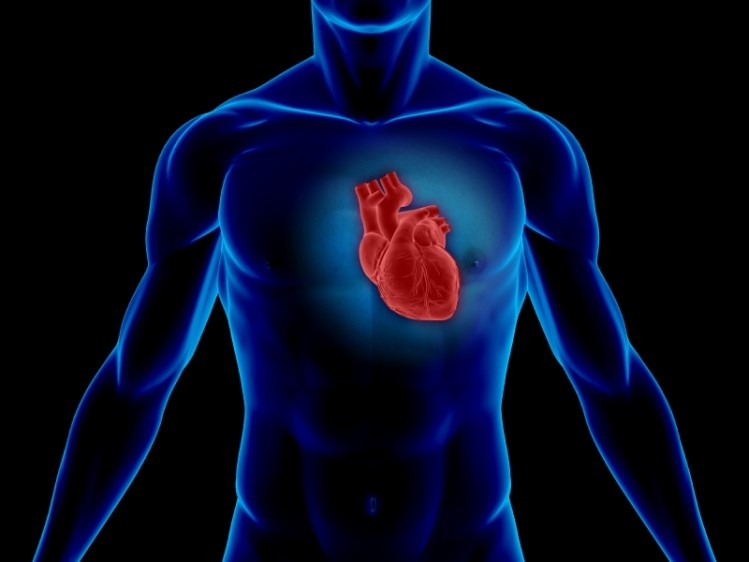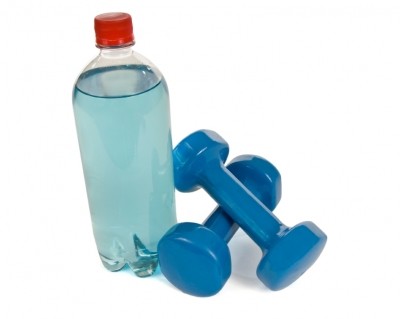CoQ10 can boost heart function in heart failure patients: Meta-analysis

CoQ10 supplements were associated with improvements in the ability of the heart to pump blood, as well as general heart health scores, according to findings published in the American Journal of Clinical Nutrition.
“CHF is a leading cause of morbidity and mortality in the United States and worldwide,” wrote the researchers, led by Domnica Fotino.
“The findings of this meta-analysis suggest that supplementation with CoQ10 may be of benefit in patients. However, our findings also suggest that the benefit may be limited to patients with less severe stages of CHF.”
Despite the potential benefits, the authors caution that the results were based on a small number of clinical trials.
“Although there is a possible benefit of supplementation with CoQ10, additional larger studies are warranted and should examine whether there is an effect when this supplementation is added to the current standard of therapy for CHF or whether there is a dose-response effect between the stage of CHF at baseline and the dose of CoQ10 required for an improvement to be seen,” they added.
CoQ10 benefits
CoQ10 – or coenzyme Q10 plays a vital role in the production of chemical energy in mitochondria – the 'power plants' of the cell – by participating in the production of adenosince triphosphate (ATP), the body's co-called 'energy currency'.
It has been studied for its role in cognitive health, heart health, and anti-aging (in oral and topical formulations). It has also been shown to benefit those suffering from angina, heart attack and hypertension.
Its use in the US, particularly in supplements, has been boosted by the rise in popularity of statin drugs which deplete the body's natural stores of CoQ10.
Meta-analysis
For the new analysis, the Tulane scientists identified 13 clinical trials for their meta-analysis with supplementation lasting from between 2 and 24 weeks, and CoQ10 doses ranging from 60 to 300 milligrams per day.
Results showed that CoQ1) was associated with a 3.7% improvement in blood flow from the heart (the so-called left ventricular ejection fraction)
Additional benefits were also observed in certain subgroup, particularly shorter term trials, and lower dose studies, and in patients with less severe CHF.
“These subgroup analyses should be interpreted cautiously because of the small number of studies and patients included in each subgroup,” added the researchers.
“To our knowledge, of the meta-analyses performed to date, our meta-analysis was the most comprehensive with 13 studies.”
Source: American Journal of Clinical Nutrition
Published online ahead of print, doi:10.3945/ajcn.112.040741
“Effect of coenzyme Q10 supplementation on heart failure: a meta-analysis”
Authors: A.D. Fotino, A.M. Thompson-Paul, L.A. Bazzano
















